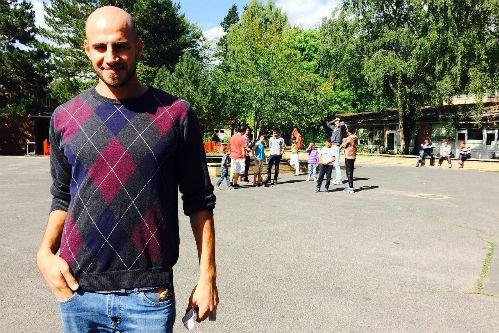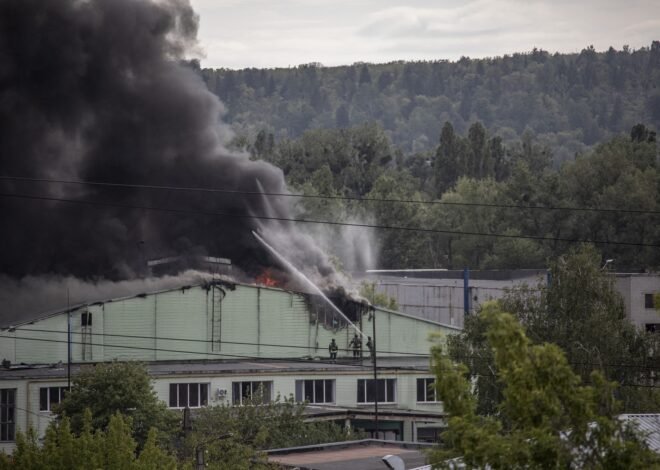
Life of refugees in the promised land
Ghaith al Kalla, a Syrian refugee living in Germany.
Ghaith al Kalla’s four-month journey from Syria ended on a cold February day, when he stood in a long line with hundreds of other migrants at a refugee registration center in Berlin.
Six months later, the 27-year-old chemical engineer from Damascus had a job and lived in an apartment with a German in Schöneberg, a middle-class district in the German capital.
`I don’t even care how much money I make because I’m so happy right now. All I want now is for my family to be safe,` Kalla said in fluent English as she handed out meals to
Germany became the `promised land` in the eyes of thousands of people looking for a way to escape Syria, a country devastated by war.
Refugees who reach Germany after long and dangerous journeys will be placed in emergency refugee camps and have their needs met.
The purpose of these is to provide humanitarian assistance.
Even though refugees are welcomed in many parts of Germany, there is still opposition from some groups, especially in eastern Germany.
`We are facing a huge national challenge,` Chancellor Angela Merkel said last week.
Germany received about 40% of the 334,080 asylum applications in the European Union (EU) in the first five months of the year.
Refugees whose applications are accepted will be accommodated across 16 states, from the Alpine village of Bavaria to the luxury North Sea resort island of Sylt.
Registered refugees will be provided with accommodation and food.
This system was applied in Munich last week, when in just two days nearly 4,000 migrants arrived by train, turning the central station into a temporary refugee center.
Hard
Farhan Yassin, an 18-year-old Somali, covered his shirt to protect himself from the rain outside a house in Munich that was once a Nazi barracks.
After breaking both legs in an accident and spending three months sleeping on the streets of Italy, Yassin arrived in Munich about six months ago.
`They put a cast on my leg and also gave me a pair of crutches,` he said.
Elsewhere, however, the humanitarian aid system for refugees is showing signs of strain.
One evening last week at the Berlin Refugee Registration Center, dozens of people poured in when the center closed for a day.
`I’ve been waiting here for 10 days, I’m exhausted,` Mohamed Naus, 50 years old from Aleppo, Syria, replied as he took out his phone to look at photos of his son, injured in a bombing.
Elsewhere in Berlin, about 250 refugees found shelter in a former French school in the Reinickendorf district.
Mr. Wegner hired Kalla, who can speak English, Arabic, and German quite fluently, to work at the camp.
Finding jobs for refugees is a huge challenge.
Germany is trying to adapt, speeding up the process of deporting rejected migrants, increasing spending on accepted refugees and opening German language classes tailored to occupations in the country.
But even for successful refugees like Kalla, starting a new life is never easy.
`People just think that when they get here, everything will go well, they will be respected and their self-worth will be affirmed,` Kalla said.


